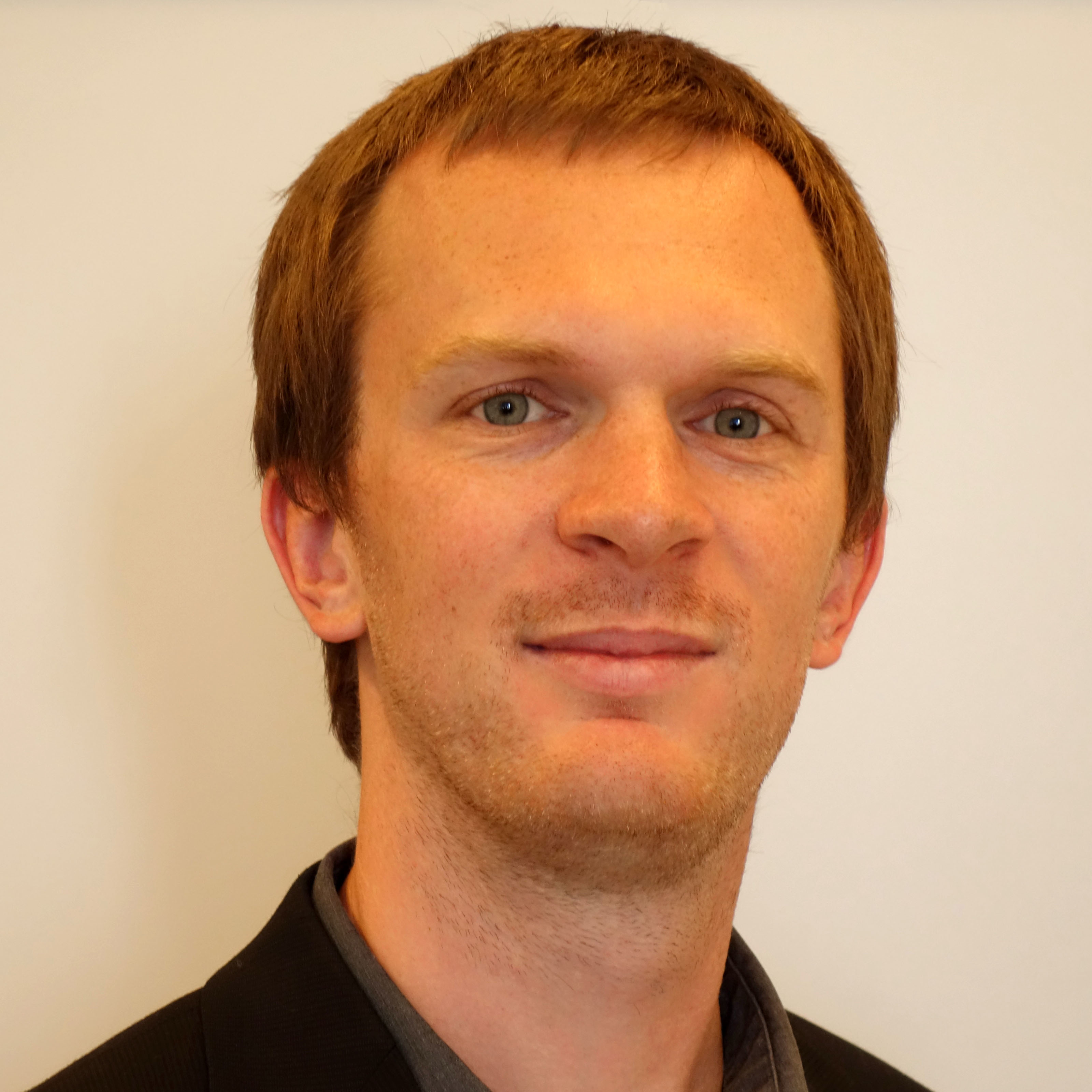CV
English. Dr. Lukas Brunner is a climate scientist and senior researcher in the Climate Extremes group at the University of Hamburg and part of the Cluster of Excellence “Climate, Climatic Change, and Society” (CLICCS). He is a member of the World Climate Research Programme (WCRP) project Atmospheric Processes And the Role in Climate (APARC) - Atmospheric Temperature Changes and their Drivers (ATC) and a member of the Scientific Advisory Board of the Austrian Climate Scenarios (ÖKS/Klimaszenarien.AT). His research interests include the analysis of temperature extremes and their drivers, the evaluation of the latest global climate models, and the quantification of uncertainties in future climate model projections. He is also interested in statistical and machine learning approaches for climate research, open science, and public outreach.
He has studied physics at the University of Graz in Austria, where he also received his PhD in environmental system science in 2018. During his PhD, he was a visiting scientist at the University of Edinburgh in 2016 and at the Center for International Climate Research in Oslo (CICERO) in 2017. From 2018 to 2022, he was a postdoc in the Climate Physics group at ETH Zurich, working in the frame of the Horizon 2020 project EUCP. From 2022 to 2024, he worked as senior scientist in the Climate Dynamics and Modeling group at the University of Vienna, and in 2023 he was a visiting scientist at the FU Berlin.
Deutsch. Dr. Lukas Brunner ist Klimaforscher und leitender Wissenschaftler in der Gruppe für Klimaextreme der Universität Hamburg und Teil des Exzellenzclusters Climate, Climatic Change, and Society (CLICCS). Es ist Mitglied im Projekt Atmospheric Processes And the Role in Climate (APARC) - Atmospheric Temperature Changes and their Drivers (ATC) des World Climate Research Programme (WCRP) sowie im wissenshaftlichen Beirat der Österreichischen Klimaszenarien (ÖKS/Klimaszenarien.AT). Zu seinen Forschungsschwerpunkten zählen die Untersuchung von Temperaturextremen und deren Treiber, die Arbeit mit den neuesten globalen Klimamodellen und die Analyse von Unsicherheiten in Projektionen des zukünftigen Klimas. Darüber hinaus interessiert er sich für die Anwendung von maschinellem Lernen in den Klimawissenschaften, verschiedene Aspekte von offener Wissenschaft (Open Science) und für Wissenschaftskommunikation.
Er studierte Physik in Graz, wo er 2018 auch promovierte. 2016 war er als Gastwissenschaftler an der University of Edinburgh (Schottland) und 2017 am CICERO (Center for International Climate Research Oslo, Norwegen). Von 2018 bis 2022 war er Postdoc in der Gruppe für Klimaphysik an der ETH Zürich und forschte im Rahmen des Horizon 2020 Projekts EUCP (European Climate Prediction system). Von 2022 bis 2024 arbeitete er als Senior Scientist in der Gruppe für Dynamik und Modellierung des Klimasystems an der Universität Wien und war 2023 Gastwissenschaftler an der FU Berlin.
